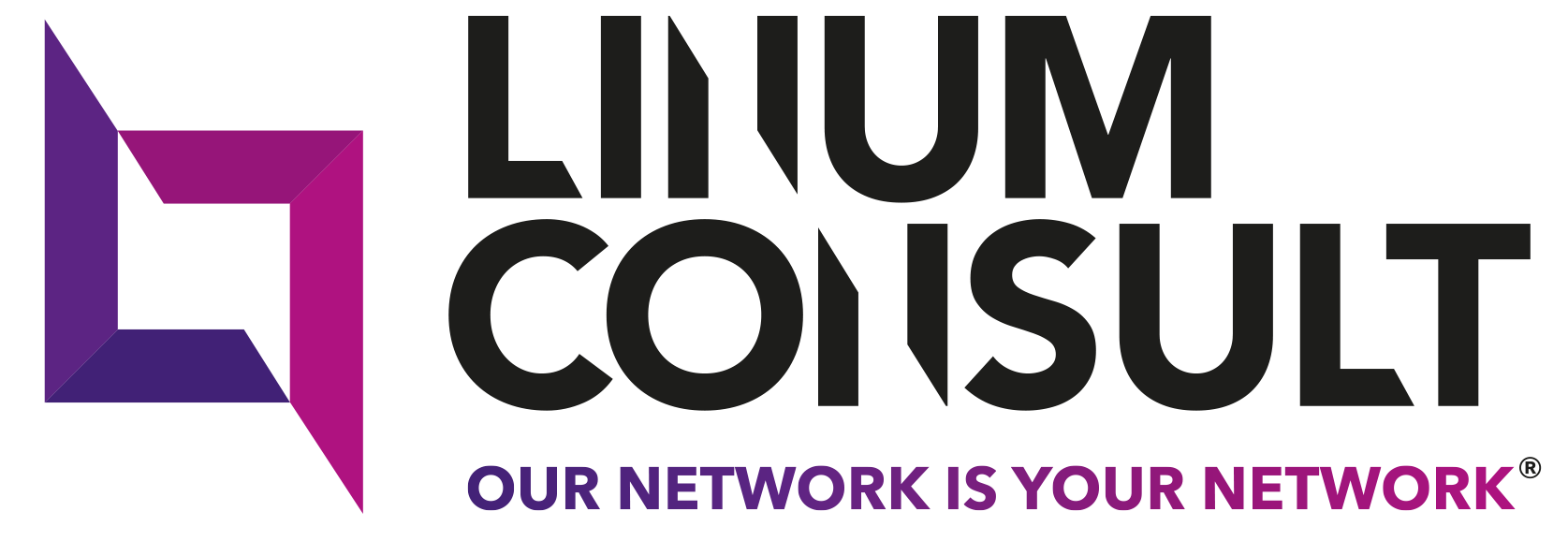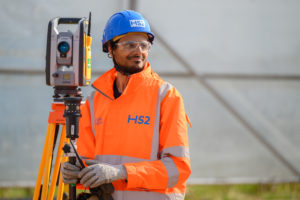The world is settling back to normal after the pandemic, however our ideas of what “normal” is are starting to shift. Have your priorities changed? Have you gotten used to working from home? Were you made redundant? It’s time you started looking for a new opportunity, but maybe your CV hasn’t been updated in years, and you’re wondering how to make it stand out from the crowd. Well, you’re in luck! Here are some tips to make your CV fresh and modern:
- The layout and presentation of your CV is very important. No recruiter or HR Manager is going to want to read a massive wall of text. Bullet points are your friends! They will break up the text and keep short attention spans from clicking away. Also, ensure that the text is readable and clear – no ridiculous fonts, crazy colours, or images of text. Graphic design might be your passion, but save it for your portfolio!
- Keywords are key! Searching CVs by keyword is how pretty much every recruiter will operate. If you are too vague or brief in your job descriptions, then you risk the chance of missing out on a great opportunity. Make sure you write out both abbreviations and full terms (e.g., LRT and Light Rail Transit) to double your chances of being noticed.
- Similar to keywords is specifying the projects you’ve worked on. Within our industry of construction and engineering there are a whole host of roles, departments, and projects, so it helps to detail exactly what type of work have you done. Worked on a bridge? What kind? What materials was it made from? If concrete, was it precast, in situ, post-tensioned? Being more specific helps us better understand your experience, and therefore find you the perfect job!
- Another important thing to remember is to not get carried away writing essays for each job! Simplify everything to a few key points: firstly what your main roles were; your day-to-day, then make a list of the projects you’ve worked on; either chronologically, or by complexity. The best way to sell yourself is to really capture the interest of the recruiter. This goes back to how your CV is presented and making sure that you keep everything succinct.
- It may seem prudent to write every single qualification you’ve ever earnt to pad out your CV, but that’s really not necessary. Recruiters can see right through your attempts to make your CV look longer! Keep it to the most recent/relevant qualifications only, e.g., if you’ve got a degree, you really don’t need to list all of your GCSE results. Do ensure that you include any relevant industry qualifications, training courses, or memberships to a professional organisation (MRICS, MCIOB, etc.). Also, you don’t need to send every certificate you have with your application! Proof of education is only necessary during the onboarding process.
- It’s obvious, but: tell the truth. Whether it’s a gap in your CV that will need explaining or (even worse) a qualification you haven’t passed, it really isn’t worth it to lie. Any recruiter doing their due diligence will find out eventually, and it could cause you to get blacklisted by your dream employer or the recruitment agency (who might tell other employers about you). Just briefly mention what you were doing during the gap – no one wants to hire a dishonest worker.
- A final obvious, but massively important tip: always spellcheck! This includes general proof-reading, checking grammar, and ensuring your CV makes sense. If you’re applying to a job that requires attention to detail and your CV is a mess, then it’s not going to show your skills in the best light. Word processors have built-in spellchecks, and there are online tools like Grammarly that will check grammar, spelling, and punctuation. If you can, get a friend to read over your CV and ensure that it reads well.
All in all, CV writing isn’t the daunting task it might initially appear. Approach it logically and practically by following these steps, and you’ll have a perfect CV in no time! Happy job hunting!
Our Network, Your Network
Linum Consult provide international project solutions and recruitment services to global organisations, government entities and contractors.
From Contract & Claims Management to Risk Management & Recruitment Solutions, we offer a range of project solutions to organisations across the world, from independent consultancies to FTSE100 businesses. Specialising in Construction & Engineering, Energy & Renewables and Mining & Machine Parts, our global presence and expertise means we are perfectly placed to support our clients’ projects, anytime, anywhere in the world.






